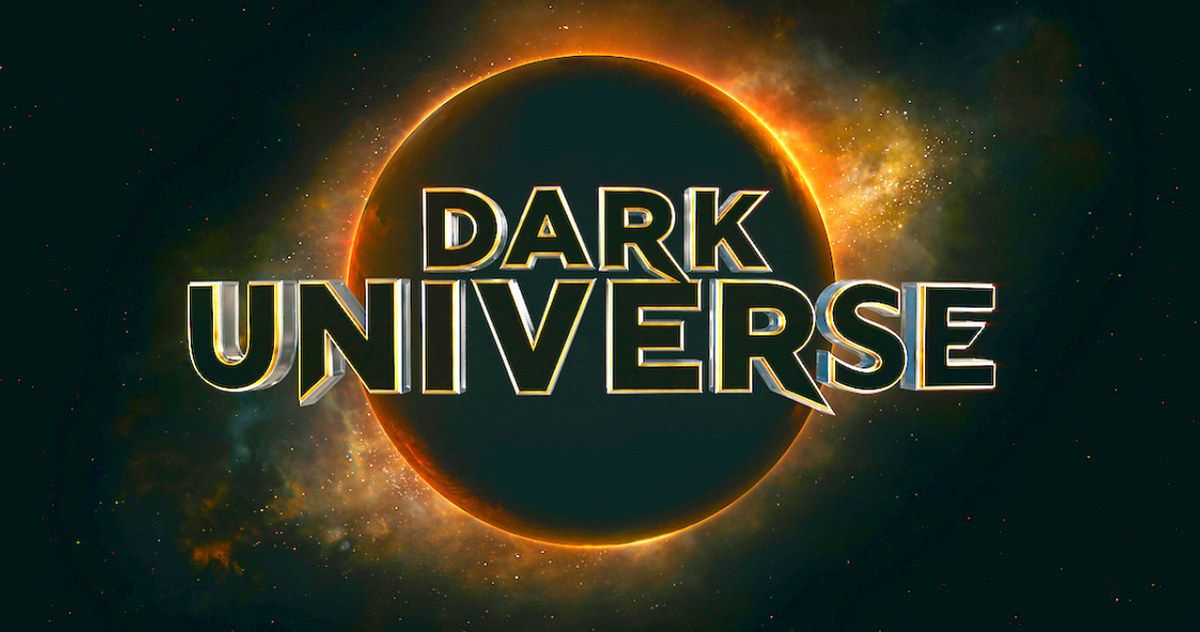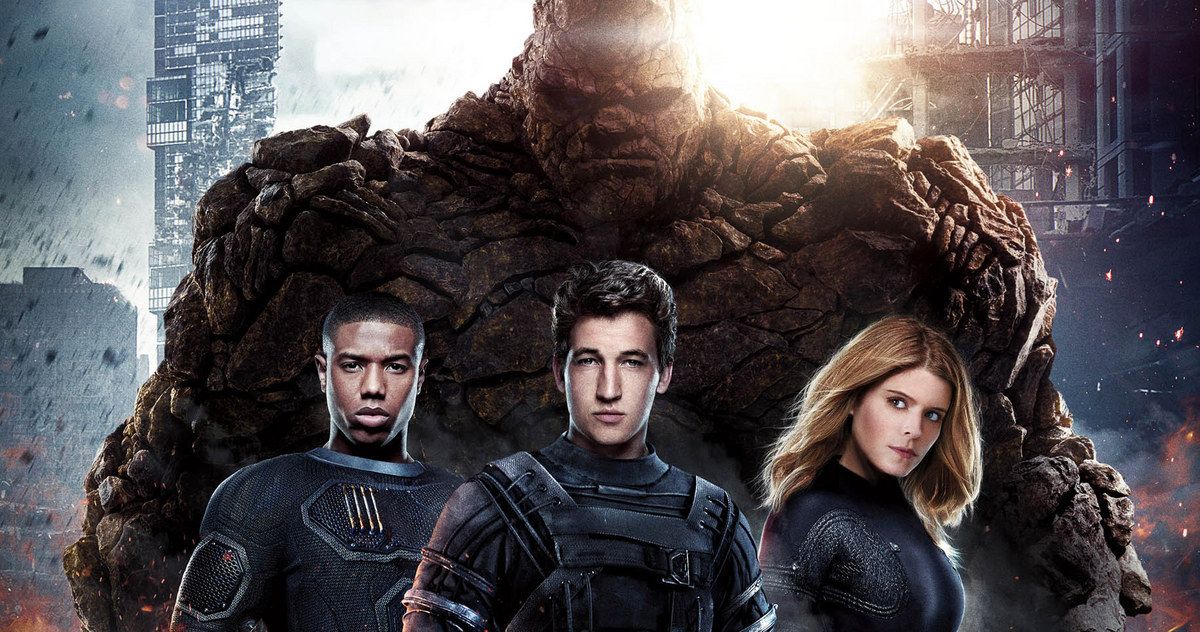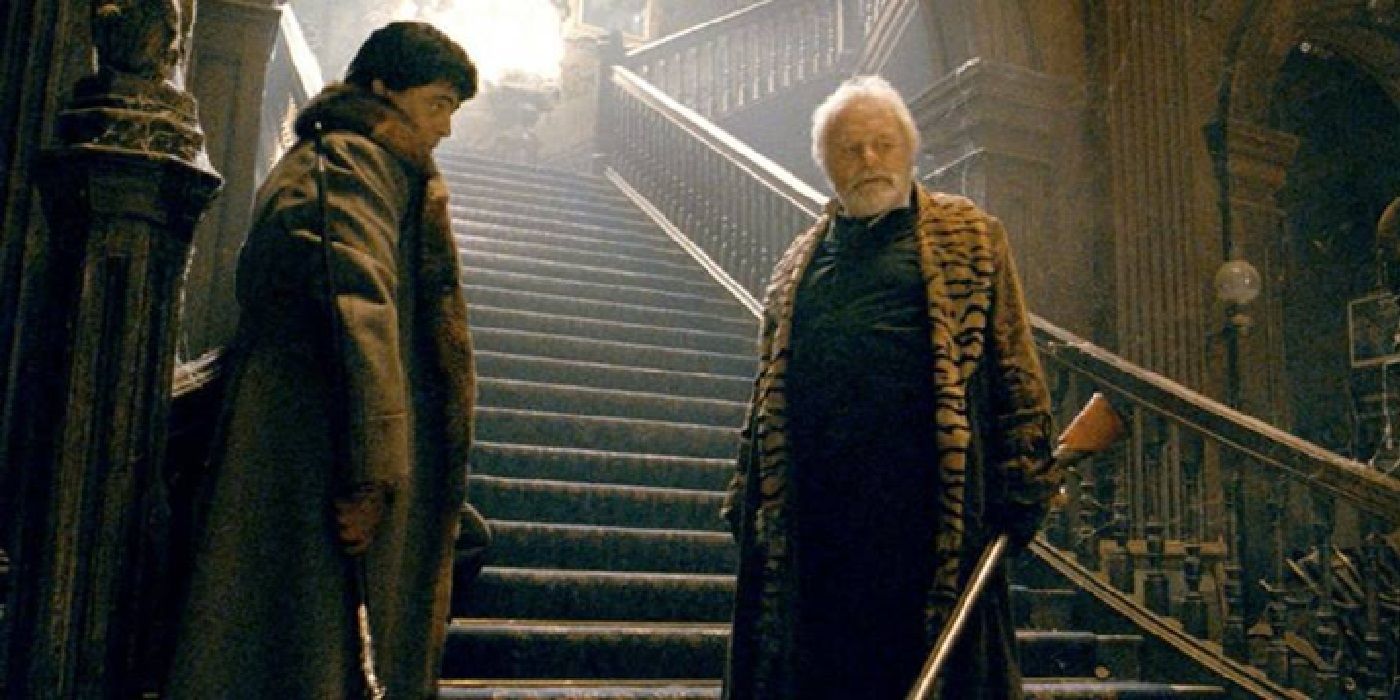When it comes to the Universal Monsters, The Wolfman is unique. Unlike Dracula and Frankenstein, who originated in literature, The Wolfman and his alter ego, Lawrence Talbot, are original characters Universal Pictures owns based on werewolf lore. 1941’s The Wolf Man might not be Universal Pictures’ first werewolf movie (that would be 1935’s Werewolf in Paris), but it certainly is an iconic piece of horror cinema. Lon Channey Jr.’s everyman portrayal makes the character the most tragic Universal Monster. The makeup by Jack Pierce is iconic, and the movie itself defined the werewolf in popular culture for generations to come. Its influence can be seen in nearly every werewolf movie since. 2025 sees Leigh Whannell bring the monster to the big screen once again in Wolf Man, hoping to give the character the same treatment he gave The Invisible Man.
Yet, this is not the first Wolf Man remake. The first big-budget attempt by Universal Pictures to reboot the classic monster in a standalone movie (so Van Helsing doesn’t count) was a notably troubled production that became one of the studio’s biggest flops. The Wolfman starred Academy Award winners Benicio Del Toro and Anthony Hopkins, future Academy Award nominee Emily Blunt, and fan-favorite Hugo Weaving in a big-budget gothic horror remake that faced numerous challenges behind the scenes. Here is the troubled production of The Wolfman and how it all went very wrong.
A Bad Moon Rising
- Release Date
-
February 10, 2010
- Runtime
-
125 minutes
Universal Pictures announced a remake of The Wolf Man, getting rid of the space and calling it The Wolfman, in March 2006 with Benicio Del Toro in the lead role, as the actor was a big fan of the original 1941 film. The decision to remake The Wolfman came after 2004’s Van Helsing, which was disappointing at the box office and failed to relaunch the Universal Monsters like The Mummy had back in 1999.
Andrew Kevin Walker, who wrote the screenplay for Se7en and also the box office gothic period horror film Sleepy Hollow, was brought on to pen the script. Mark Romanek, best known for the underrated thriller One Hour Photo, signed on to direct The Wolfman in February 2007 with a planned release date of November 14, 2008, the first of many release dates for the film. Romanek was a pick that puzzled people, but according to the director, he and Benicio Del Toro wanted to “infuse a balance of cinema in a popcorn movie” in an interview with Collider in 2013. Romanek would depart the project 11 months later, in January 2008, due to creative differences between himself and the studio.
Instead of pushing back the production start date, Universal Pictures rushed to find a replacement director to meet their planned release date, which in the end would be for nothing, as the film would be delayed multiple times anyway to account for many reshoots that would later follow. The studio considered Bill Condon, while Martin Campbell (Casino Royale) was interested. The studio approached Brett Ratner (X-Men: The Last Stand), James Mangold (Walk the Line), and Joe Johnston (Jurassic Park III) to direct, with Jonhston being hired on February 3, 2008, just one month before cameras were set to start rolling.
This gave Johnson little time to put his own spin on the movie, using many of the assets that Romanek had developed. David Self (Road to Perdition) was hired to do a quick rewrite, and filming began on March 3, 2008. In the middle of filming, Universal Pictures announced the film would be delayed until February 13, 2009, on Friday the 13th, which would be ideal for a horror movie. So much so that the Friday the 13th reboot would claim that release date. Nobody expected The Wolfman to take on Jason Voorhees on his day, and the film then moved to April 3, 2009. This was the third release date for the film, but not the last.

Related
Dark Universe: All the Canceled Films Planned
Take a look at all the planned Universal Monsters remakes set for The Dark Universe that were canceled following box office bomb of The Mummy.
The All Important Make-Up Transformation
When news of a remake of The Wolfman emerged, it seemed like a no-brainer that Rick Baker would be approached to do the design. Baker won the inaugural Academy Award for Best Makeup for his work on 1981’s American Werewolf in London, a werewolf design and transformation so groundbreaking that they made an Oscar category to recognize it. Since then, Baker has been THE werewolf guy in Hollywood, having designed werewolves for the TV show Werewolf, Wolf, and Cursed. Baker was a huge fan of the original 1941 film as it and 1931’s Frankenstein inspired him to get into makeup. He pursued the project, and Universal Pictures quickly grabbed him.
Baker worked closely with Del Toro to design the Wolfman’s look. Despite Romanek going through many different designs for the title creature, Baker and Del Toro were insistent on the Wolfman resembling the make-up created by Jack Pierce for the 1941 film. With Johnson coming on board three weeks before filming began, he didn’t have time to develop or plan out the make-up transformation for the Wolfman, so the decision was made to use CGI for the transformation, which greatly disappointed Baker.
In 2008, MovieWeb interviewed Rick Baker. While Baker did say at the time, “I’m really happy with the way it turned out. It’s very old-school and gothic horror movie,” he also let his frustration about some of the movies behind the scene’s development be known, saying he had no interest in directing because he had seen established filmmakers do not have control over their movies, seemingly hinting at The Wolfman when he said “They’re filmed by committee, directed by committee. That’s the reason I had thousands of designs is because I had an army of producers who had suggestions and stuff.”
Despite Baker’s frustration, and The Wolfman being doomed for box office disaster, the movie would become an Academy Award-winning film. The Wolfman won Best Makeup at the 83rd Academy Awards, awarded to Baker and makeup supervisor Dave Elsey. Baker’s Oscar acceptance speech was short, only thanking his wife. Just a few months after the Oscar, Baker expressed how little of his work showed up on screen and told IndieWire, “The whole transformation was done on computers, but it was based a lot on ideas I had and sculptures that I did, but I was kind of pushed out of that, and I’m still kind of stinging about it.”
A Troubled Score
The makeup wasn’t the only troubled aspect of The Wolfman. Danny Elfman was hired as the film’s composer, with Johnson wanting a moody, atmospheric, and dark sound. Given Elfman’s incredibly gothic score for Sleepy Hollow, he seemed like the perfect pick. However, Universal Pictures rejected Elfman’s score after 30 minutes had been cut from the film. Elfman was unable to return to compose the movie as he was already working on Alice in Wonderland for Tim Burton. The producers then decided to take the score in a different direction.
Inspired by a cut of the trailer that was set to more electronic songs, Universal Pictures wanted a fast-paced electronic score that would quicken the pace, making the story feel more exciting. This also required reshoots for some scenes to match this new pace. They ended up bringing in Underworld composer Paul Haslinger to rescore the movie. However, in January 2010, just one month before The Wolfman‘s theatrical release, Haslinger’s score was thrown out, and the original score that Danny Elfman had composed was put back into the movie with a team of composers brought to reshape Elfman’s original work for the new cut of the movie.
In addition, the original editor was fired from the movie and replaced by industry legends Dennis Virkler and Walter Murch. Virkler famously earned an Academy Award nomination for 1993’s The Fugitive, a movie with a troubled production and a short turnaround window between principal photography and the release date. Murch was known for his work on Francis Ford Coppola films like The Godfather trilogy, The Conversation, and Apocalypse Now. Yet this back and forth between a moody score to an electronic score, three different editors, and two directors showed an underlying issue behind the remake: nobody knew precisely what they wanted the movie to be.
‘The Wolfman’ Finally Hits Theaters
The Wolfman grossed $31 million over the three-day weekend at number 2 at the box office behind the romantic comedy Valentine’s Day. Due to it being Presidents’ Day weekend, it grossed $35 million over the four-day weekend but dropped to number 3, being overtaken by Percy Jackson and the Olympians: The Lightning Thief. $35 million is a respectable opening for a horror movie, and had The Wolfman‘s original budget of $85 million been kept in place, it would have been seen as a solid opening that had a chance of making its budget back at the box office and through home video rentals and DVD sales.
However, the six weeks of reshoots, paying two separate composers for scores with one being scrapped entirely, ballooned the movie budget to $150 million. This made it the most expensive horror movie at the time of its release and currently the second behind only World War Z, another movie that underwent significant reshoots. The Wolfman played in theaters for seven weeks and grossed $61 million domestically and $139 million worldwide, below its budget.

Related
Fantastic 4: What Went Wrong With the 2015 Reboot?
The 2015 Fantastic Four film had a troubled production filled with behind-the-scenes clashes that resulted in a film that killed a franchise.
The Wolfman also failed to wow critics, with a 32% on Rotten Tomatoes based on 220 reviews. The New York Times’ A.O. Scott said, “The title character in The Wolfman suffers from a vexing identity crisis, and so does the movie.” Jen Yamato, who is a recipient of the 2024 ICG Publicists Press Award, said in her reviews for Movies.com (now Fandango) that “In place of legitimate tension and suspense, The Wolfman features more cheap jump scares and loud scary noises than every J-horror film ever made put together.” The most brutal might have come from Ed Gonzalez at Slant Magazine, saying, “Would that Joe Johnston’s The Wolfman were spectacularly awful, then it would have been at least a fun time at the movies.”
The Legacy of ‘The Wolfman’
The box office failure of The Wolfman had ripple effects that many might not have realized. With The Wolfman flopping at Universal Pictures, the studio got cold feet on another $100 million plus R-rated period horror film they were developing and canceled the Guillermo del Toro-directed and James Cameron-produced At the Mountain of Madness. Meanwhile, Universal Pictures’ pivoted on their attempt to reboot their classic monsters by drawing more from superhero films than horror movies. 2014’s Dracula Untold tried to go with the Batman Begins style origin, and 2017’s The Mummy was looking to be the next Iron Man or Man of Steel and launch a shared universe called The Dark Universe.
Over time, The Wolfman has gained something of a cult following, partially due to the gothic production design that stands apart from most modern horror films that favor contemporary settings and also the incredible makeup design of The Wolfman, providing the perfect blend of paying homage to the original while updating it for a new era. Some appraisal came when the movie was released on home video and featured the “Unrated Directors Cut,” which included 17 minutes of additional footage, including Max von Sydow’s scene that was cut from the movie.
One year after The Wolfman was released, Universal Studios President Ronald Meyer oversaw film production and called the movie “One of the worst movies we ever made. […] The script never got right … The director was wrong. Benicio [del Toro] stunk. It all stunk” when speaking to The Guardian. This quote certainly feels hypocritical, as he throws the creative team under the bus and takes little to no responsibility himself as the studio head who rushed the production along after the original director left, which resulted in reshoots that likely would not have been necessary if they didn’t have to rush production. He conveniently forgot to mention the studio demanding an electronic score to copy Underworld, only to go back to the originally planned score the director had in mind.
Despite what Meyer thinks, The Wolfman has found an audience over time. It might not be perfect, but it is a remake that, like the title monster, has a layer of tragedy and beauty that some have found to be misunderstood.
This story originally appeared on Movieweb


